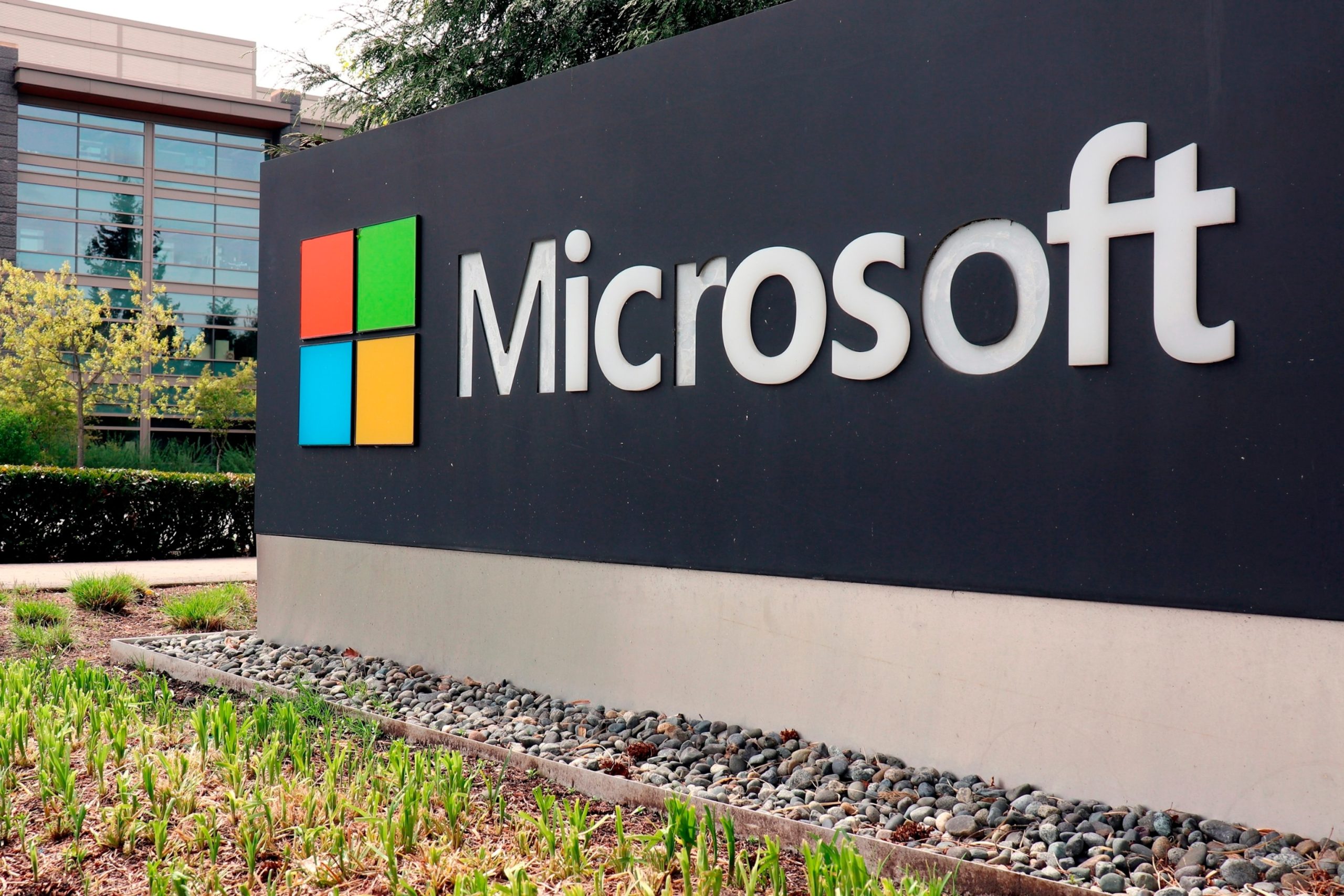Microsoft Corporation Reports Russian-Backed Group’s Successful Hacking of Corporate Emails
In a recent announcement, Microsoft Corporation revealed that a Russian-backed hacking group successfully infiltrated corporate email accounts. This revelation has raised concerns about the security of sensitive information and the potential implications for businesses and individuals alike.
According to Microsoft, the group known as Nobelium, believed to be operating out of Russia, gained access to the email accounts of at least 150 organizations around the world. These targeted organizations include government agencies, think tanks, consultants, and non-governmental organizations (NGOs). The motives behind the attacks are still being investigated, but it is suspected that espionage and data theft were the primary objectives.
The hackers employed a sophisticated technique known as “spear-phishing” to gain unauthorized access to these email accounts. Spear-phishing involves sending highly personalized emails that appear to be from a trusted source, tricking recipients into clicking on malicious links or downloading infected attachments. Once a recipient falls for the trap, the hackers gain control over their email account, allowing them to monitor communications, steal sensitive data, and potentially launch further attacks.
Microsoft has attributed this cyber-espionage campaign to Nobelium based on similarities with previous attacks by the group. Nobelium is believed to have been responsible for the infamous SolarWinds attack in 2020, which targeted numerous U.S. government agencies and private companies. This latest breach highlights the group’s continued efforts to exploit vulnerabilities in global networks.
The implications of this successful hacking campaign are significant. Corporate emails often contain sensitive information such as financial data, trade secrets, and intellectual property. The compromised accounts could provide hackers with valuable insights into ongoing business negotiations, strategic plans, and confidential communications. This breach could potentially lead to financial losses, reputational damage, and even legal consequences for the affected organizations.
Moreover, the targeting of government agencies raises concerns about national security. Access to classified information and confidential diplomatic communications could compromise national interests and jeopardize international relations. The potential fallout from this breach extends beyond the immediate victims, as it could have far-reaching implications for global cybersecurity and geopolitical stability.
To mitigate the risks associated with such attacks, Microsoft is urging organizations to implement multi-factor authentication, regularly update security software, and educate employees about the dangers of phishing attempts. Additionally, organizations should consider investing in advanced threat detection and response systems to identify and neutralize potential threats before they can cause significant harm.
This incident serves as a stark reminder of the ever-evolving nature of cyber threats and the need for constant vigilance. As technology advances, so do the tactics employed by malicious actors. It is crucial for organizations to stay ahead of these threats by adopting robust cybersecurity measures and fostering a culture of security awareness among employees.
In response to this breach, governments and international organizations must work together to strengthen cybersecurity frameworks and establish stricter regulations to deter and punish cybercriminals. Cooperation between nations is essential to combat the growing threat of state-sponsored hacking groups and protect the integrity of global networks.
In conclusion, the successful hacking of corporate emails by a Russian-backed group highlights the ongoing challenges faced by organizations in safeguarding sensitive information. This breach underscores the need for enhanced cybersecurity measures, increased awareness, and international collaboration to counter the growing threat of cyber-espionage. Only through collective efforts can we hope to protect our digital infrastructure and preserve the integrity of global communications.



